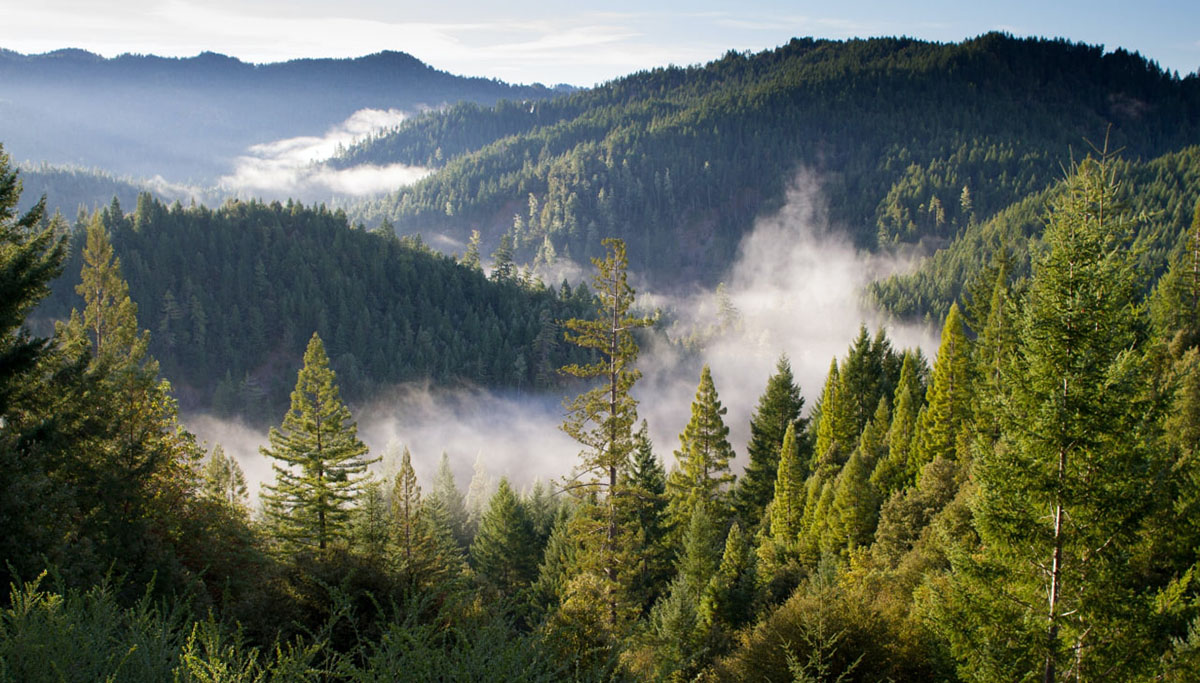
If you are reading this blogpost on the Maine Audubon website, you likely:
know about climate change and that we are already seeing its effects in the landscape all around us;
realize that humans are the historical cause, the greatest ongoing contributors, and the source of all future threats around climate change; and
share our belief that humans also have the most potential and promise as the primary source for solutions to these challenges.

The progress we’ve made making energy production, transportation, HVAC, and myriad other aspects of our lives more sustainable and less impactful are hopeful signs. Humans have to respond and act immediately to reduce carbon emissions AND there is additional promise and potential for mitigating climate change and its impacts in nature.
The Nature Conservancy (TNC) led an in-depth scientific study in 2017 which showed how different land management and restoration practices can significantly reduce greenhouse gas emissions and store more carbon. According to TNC, “our groundbreaking study found that natural climate solutions can provide one-third of the mitigation needed by 2030 to keep global temperatures livable.” International efforts to restore mangroves, forests, and wetlands along with better management of lands used to produce timber, food crops, and grazing got documented, quantified, and mapped, and became the framework for “natural climate solutions pathways that demonstrate the full climate potential of nature.”
Check out the video “A Natural Solution to Climate Change,” here.
This immense and critically important work has been spearheaded by Peter Ellis from a humble office in downtown Portland, Maine, from which Ellis serves as TNC’s Global Director of Natural Climate Solutions Science and “leads a global team of scientists that conduct research to motivate and inform the design and implementation of natural climate solutions.”

Ellis will join us in person at Gilsland Farm Thursday, April 4 at 7 pm. Ellis, who has professional roots as a naturalist and forest ecologist, will discuss his work and talk about how communities and regions can learn which natural climate solutions can be the most beneficial and where. Ellis will also share several important case studies, including one involving indigenous agriculture in the wintering grounds of Scarlet Tanager, a species just starting its annual migration to places including Maine.
If the weird winter/spring weather and other events in the news cycle have you, like us, yearning for something to be hopeful about for our planet and future, please join us. If you’d like to be more hopeful and positive, but are skeptical regarding the science or other thinking around natural climate solutions, you should definitely join us! If you’re encouraged about work like this that is happening in Maine, but concerned that there are other places in the world where more significant action is needed, you should also join us. You can attend in person or join online, virtually, over Zoom. This program is free but advance registration is encouraged.
Maine Audubon is heartened and humbled by the incredible expertise and leadership of so many neighbors who call Maine home, yet whose work and impact can be seen and felt around the world. We’re grateful to be able to introduce Peter Ellis and Natural Climate Solutions through Maine Audubon programs like these.
Above photo: From naturebase.org
